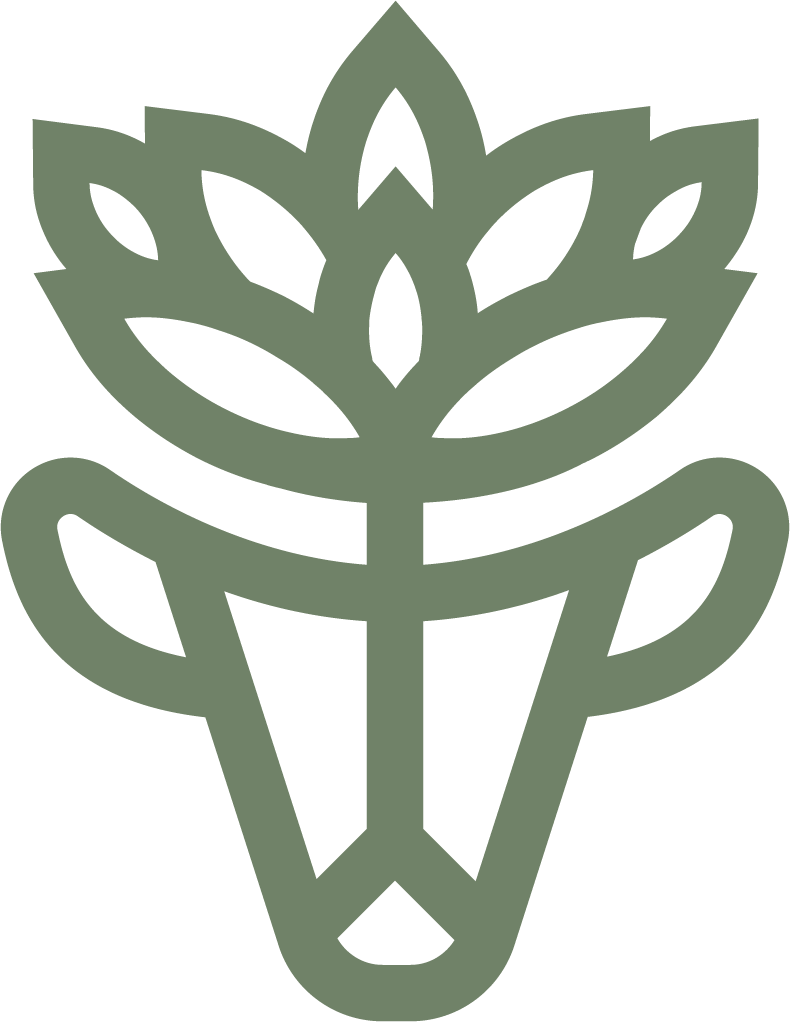Caring for Your Cow's Hooves: Best Practices for Happy and Healthy Feet
Cows are wonderful and gentle creatures that bring joy to farms and households alike. Whether you're a seasoned farmer or someone considering a pet cow, proper hoof care is crucial for the overall well-being of these animals. In this blog post, we'll delve into the importance of cow hoof care and explore best practices to ensure your bovine companion has happy and healthy feet.
Why Hoof Care Matters:
Just like humans, cows rely on their feet for mobility and overall health. A cow with neglected hooves can experience discomfort, lameness, and even more serious health issues. Regular hoof care not only promotes the comfort of the animal but also prevents potential complications that may arise from neglect.
Best Practices for Cow Hoof Care:
Regular Inspections: Regularly inspect your cow's hooves to catch any issues early. Look for signs of overgrowth, cracks, or abnormalities. A monthly check can help you stay ahead of potential problems.
Clean and Dry Environment: Ensure that the environment where your cow lives is clean and dry. Mud and moisture can contribute to hoof problems, so providing a well-drained and properly bedded area will help maintain healthy hooves.
Trimming Hooves: Regular hoof trimming is essential for preventing overgrowth and maintaining proper hoof structure. Consult with a veterinarian or a professional hoof trimmer to learn the correct technique and schedule for trimming.
Nutrition: A balanced and nutritious diet is crucial for overall cow health, including their hooves. Adequate levels of minerals like zinc and copper are especially important for hoof integrity. Consult with a veterinarian to ensure your cow's diet meets their nutritional needs.
Preventative Measures: Implement preventive measures to reduce the risk of hoof issues. This may include providing a clean, dry area for your cow to rest, using hoof protectants, and avoiding overgrazing in wet conditions.
Addressing Issues Promptly: If you notice any signs of lameness, swelling, or other abnormalities in your cow's hooves, address the issue promptly. Early intervention can prevent the development of more serious conditions.
Hoof Bathing: Periodic hoof bathing can help maintain hoof health by reducing bacterial and fungal infections. Consult with a veterinarian to determine your cow's appropriate hoof bath solution and frequency. Large farms do this in a long solution-filled trench that the cows go through. For a small farmer, rescue or pet cow owner, if you start touching your cow’s legs and hooves a little over time, both when they are standing or lying down, every once in a while you’ll get lucky and can stick a hoof or two in a bucket of solution. I also use a spray bottle and a small brush to clean our cow hooves.
Proper Handling: When engaging in hoof care activities, ensure that your cow is handled calmly and safely. Stress can exacerbate existing issues and make the process more challenging for both you and the animal. Go slow, talk to them, and know integral toime for them to trust or understand what you are doing.
Caring for your cow's hooves is an integral part of responsible animal ownership. By implementing these best practices, you can ensure that your bovine friend enjoys a life free from hoof-related discomfort and complications. Regular inspections, proper nutrition, and prompt intervention are key elements in maintaining happy and healthy hooves. If you're ever in doubt or encounter a hoof issue beyond your expertise, don't hesitate to seek guidance from a veterinarian or a professional hoof care specialist. Your efforts in hoof care will contribute to the overyour beloved cow's overall well-being and longevity


